10 Scientifically Inaccurate Movies That Got It Totally Wrong
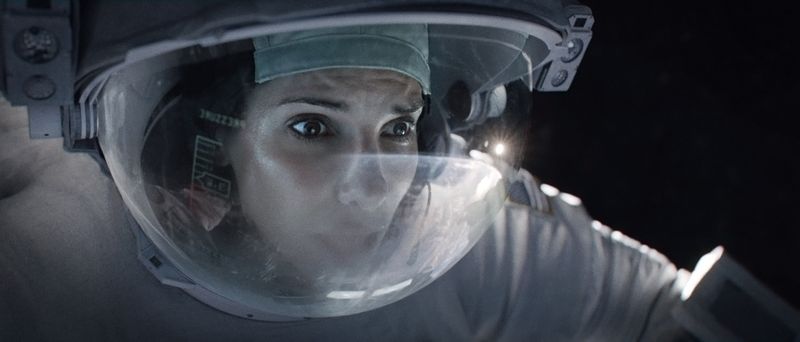
Movies have long captivated audiences, taking them on journeys through time and space. While some films are lauded for their scientific accuracy, others are famously riddled with errors that defy logic and understanding. These cinematic adventures often push the boundaries of imagination, sometimes straying far from the realms of reality. In this exploration, we’ll delve into ten films that took significant creative liberties with science, offering thrilling storylines that, while entertaining, falter under scientific scrutiny. From space odysseys to catastrophic weather events, these films remind us that sometimes, the pursuit of a gripping narrative can overshadow the importance of factual accuracy.
1. Armageddon (1998)

In “Armageddon,” the stakes couldn’t be higher as an enormous asteroid speeds towards Earth. The film’s solution? Train oil drillers to become astronauts—a task far more challenging than depicted. Unlike the movie’s portrayal, astronauts undergo years of rigorous training to survive space missions, not mere weeks.
Additionally, the film’s depiction of splitting an asteroid with a nuclear bomb is sheer fantasy. The physics involved would likely leave debris headed towards Earth, rather than saving it. Despite its scientific flaws, “Armageddon” remains a beloved action-packed adventure.
2. The Core (2003)
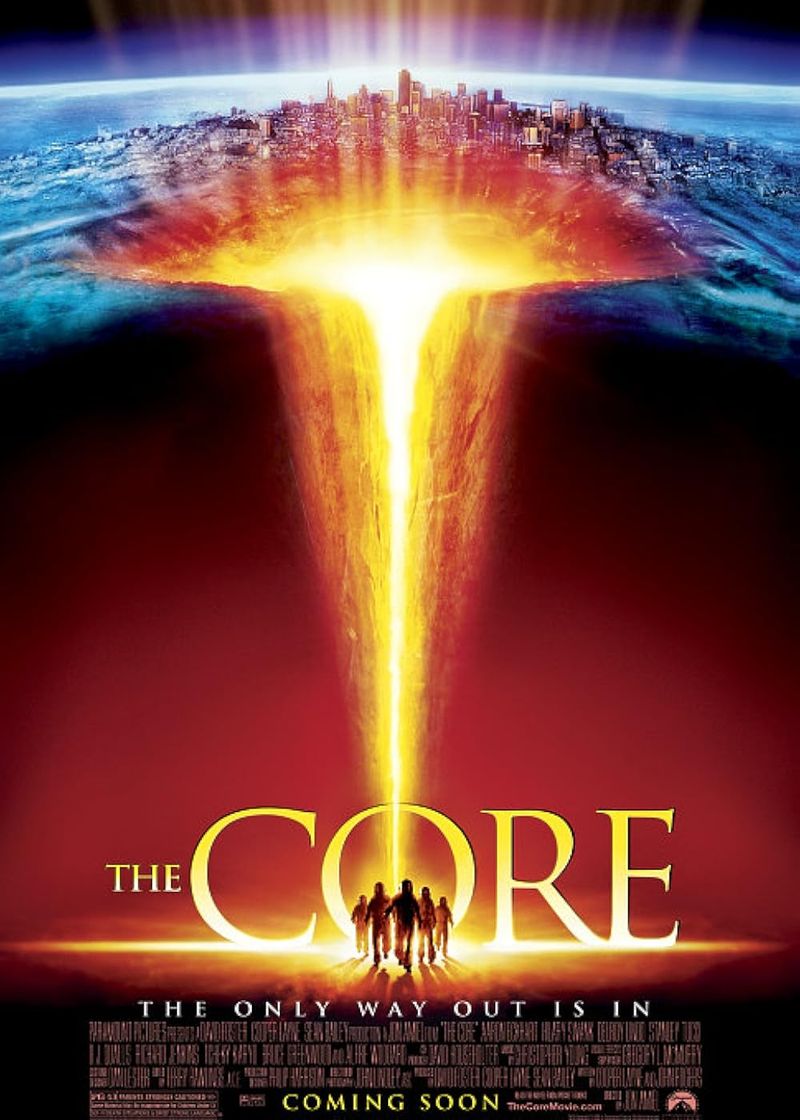
“The Core” takes audiences on a journey to restart Earth’s core using nuclear bombs—a feat beyond current technological capabilities. Drilling to such depths would require withstanding immense pressure and heat, challenges that are insurmountable with today’s technology.
The idea that humanity could reach and manipulate the core is pure fiction, as even the deepest human drilling projects have barely pierced the Earth’s crust. Despite the scientific inaccuracies, “The Core” offers a thrilling narrative of human determination against impossible odds.
3. 2012 (2009)
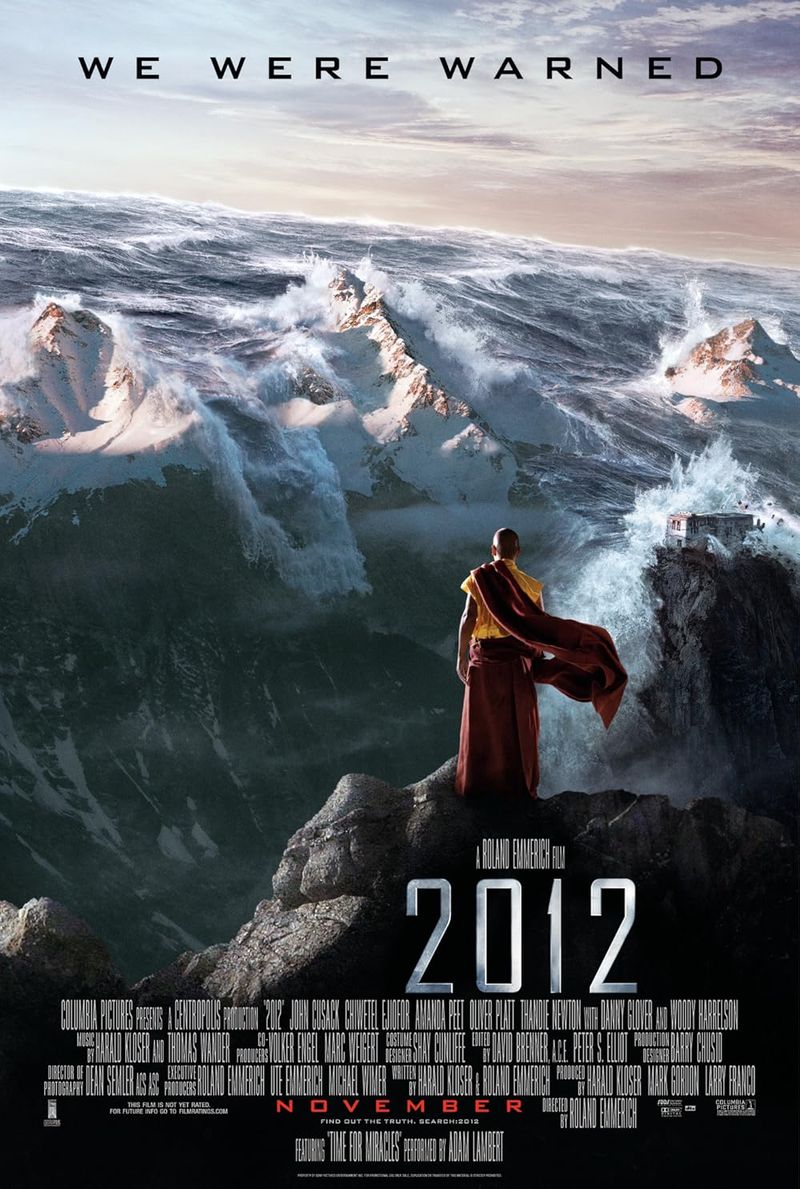
Roland Emmerich’s “2012” presents a catastrophic vision of Earth’s end, driven by dubious scientific claims. The film hinges on crustal displacement theory and solar neutrinos suddenly heating the planet’s core—concepts largely dismissed by scientists.
While visually spectacular, the portrayal of global cataclysms happening nearly instantaneously stretches scientific credibility to its limits. The film plays on fears of cosmic events, though lacks the grounding in reality to substantiate its claims.
4. Day After Tomorrow (2004)
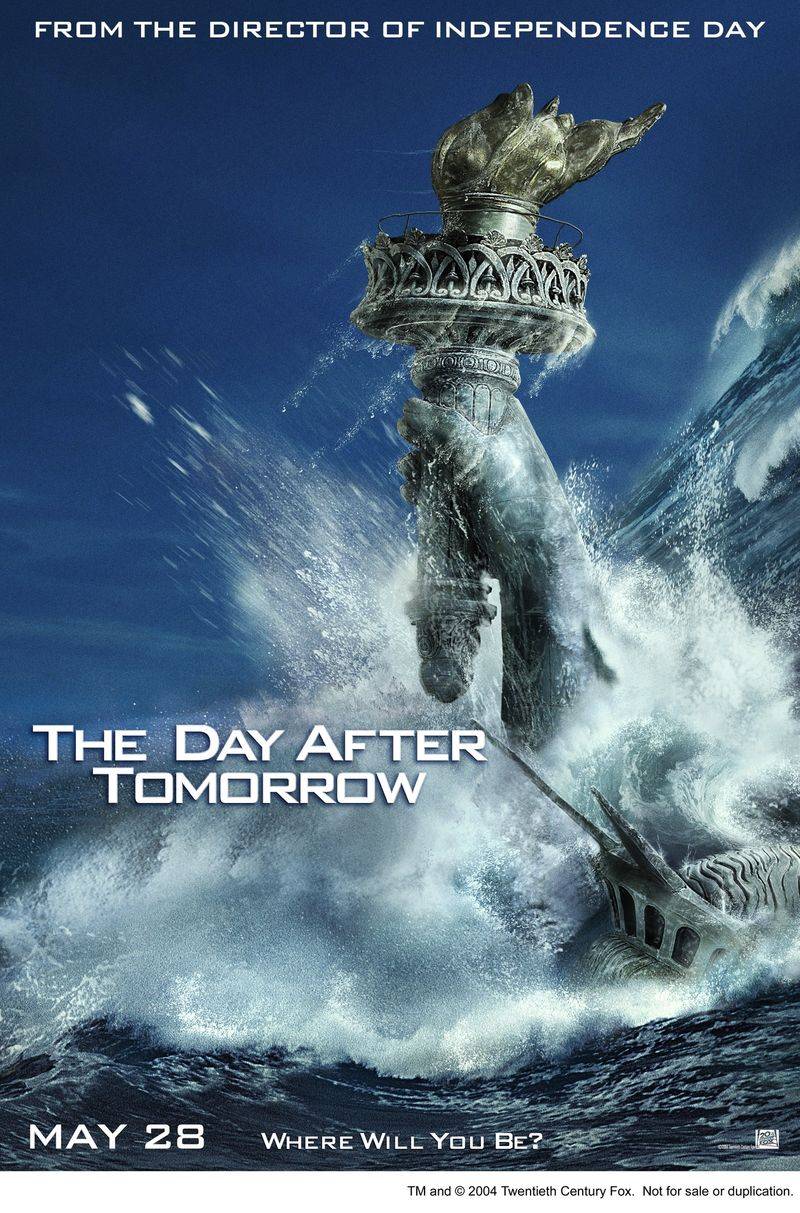
In “The Day After Tomorrow,” climate change takes a dramatic turn, triggering an immediate ice age. While based on real concerns about global warming, the film exaggerates the speed and impact of such changes.
The story suggests a sudden ocean current shutdown, inducing rapid glaciation—a scenario far removed from scientific predictions. Though it raises awareness about climate issues, its depiction of events unfolding overnight remains a stretch.
5. Gravity (2013)
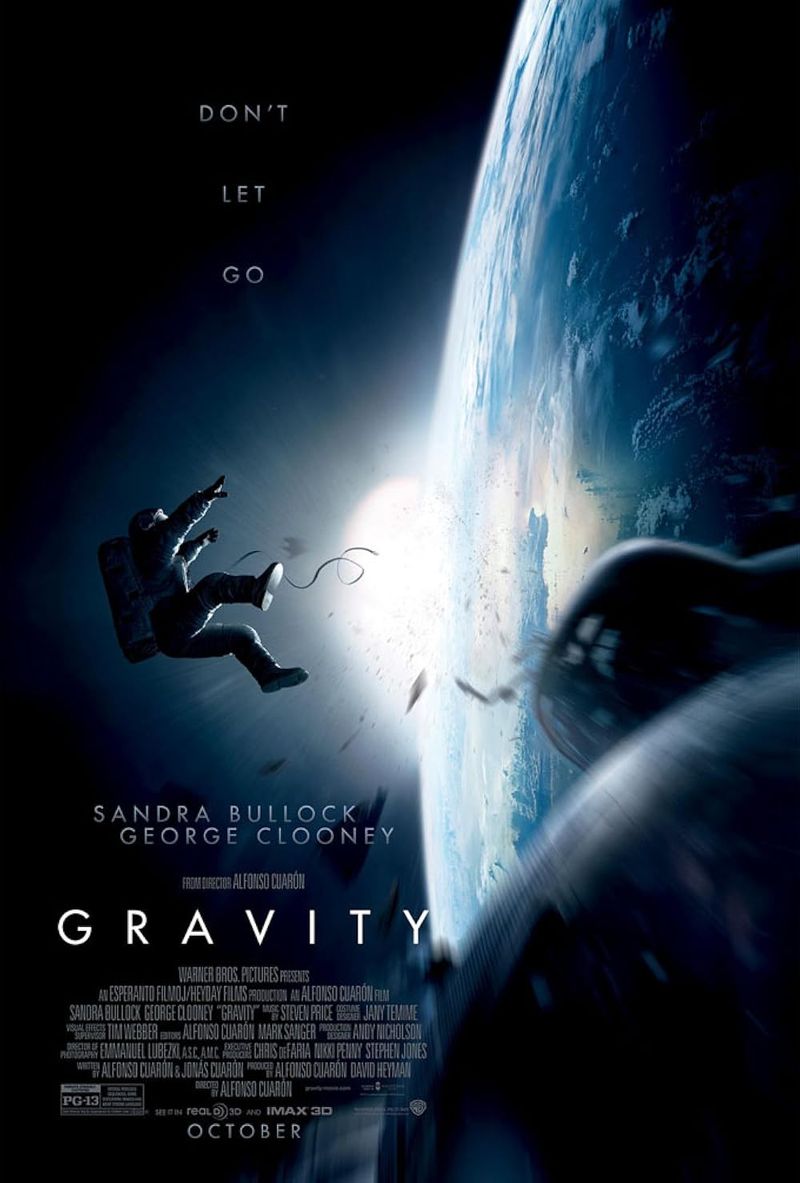
“Gravity” dazzles viewers with stunning visuals, yet its depiction of space physics invites skepticism. The film shows space stations and satellites conveniently located in the same vicinity, when in reality, they orbit miles apart.
Sandra Bullock’s character maneuvers between these structures with ease, defying the challenges of zero-gravity physics. Despite these inaccuracies, the film is a visual masterpiece, offering a gripping tale of survival in space.
6. Independence Day (1996)
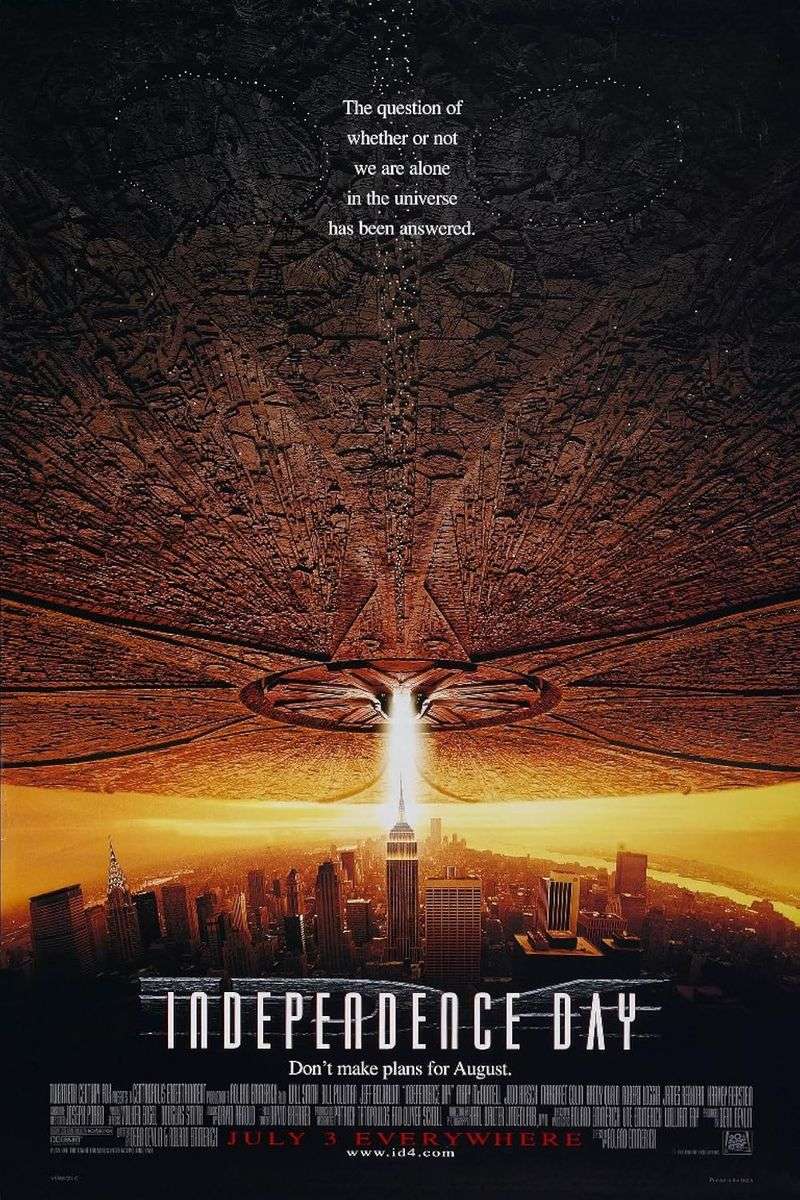
“Independence Day” enthralls audiences with an epic alien invasion, but falters with its technological logic. The film posits that a human-created virus could disable an alien computer system—an unlikely scenario given the complexity of extraterrestrial technology.
This leap in logic doesn’t detract from the film’s thrilling narrative and iconic moments. It’s a celebration of human resilience, albeit with a hefty dose of creative freedom.
7. Geostorm (2017)
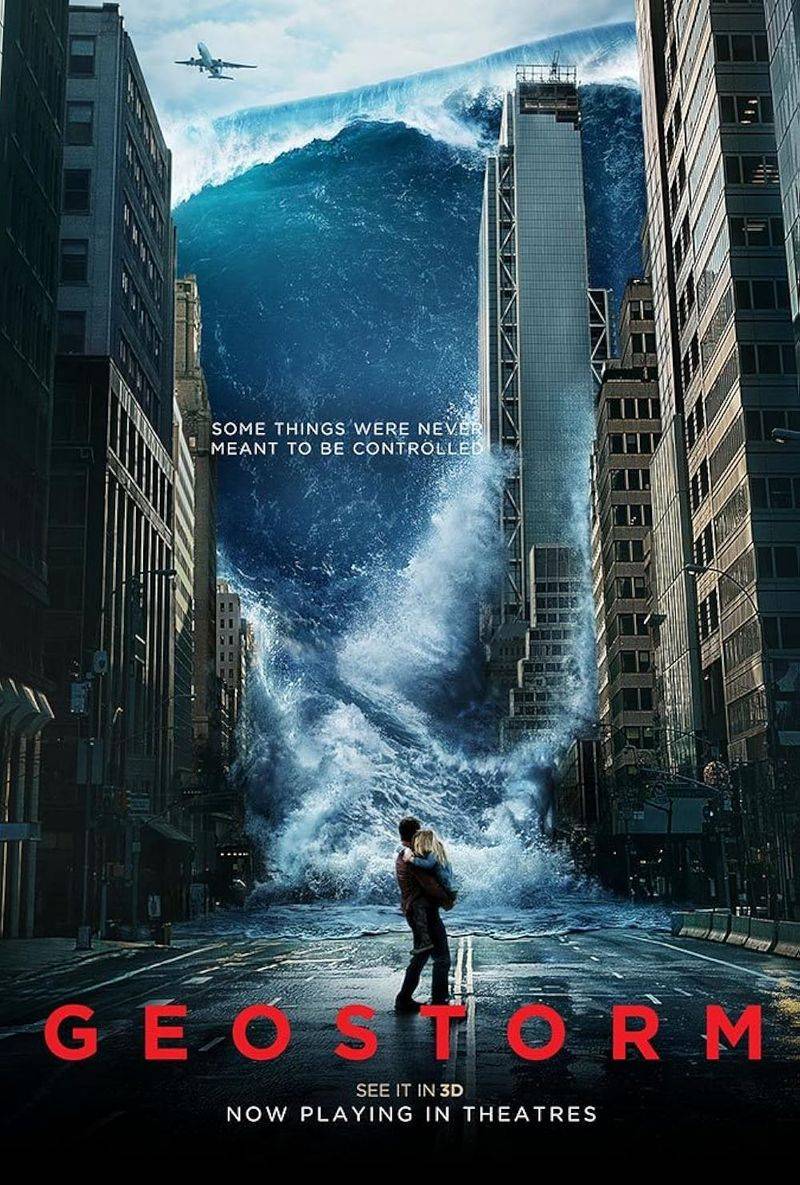
“Geostorm” envisions a future where satellites control Earth’s weather, a concept that remains firmly in the realm of science fiction. Although technology can predict weather patterns, the idea of manipulating them to this extent is pure fantasy.
The film’s portrayal of catastrophic storms worldwide, orchestrated by rogue technology, provides thrilling drama but lacks scientific foundation. Despite its flaws, “Geostorm” entertains with its depiction of weather gone haywire.
8. Lucy (2014)

“Lucy” follows a woman whose cognitive abilities expand beyond imagination, based on the myth that humans use only 10% of their brains. Neuroscience has debunked this claim, as brain scans show widespread activity throughout.
The film’s premise, though scientifically flawed, offers a thrilling exploration of potential human capabilities. It captivates audiences with its fast-paced action and philosophical queries about the mind’s limits.
9. Jurassic Park (1993)
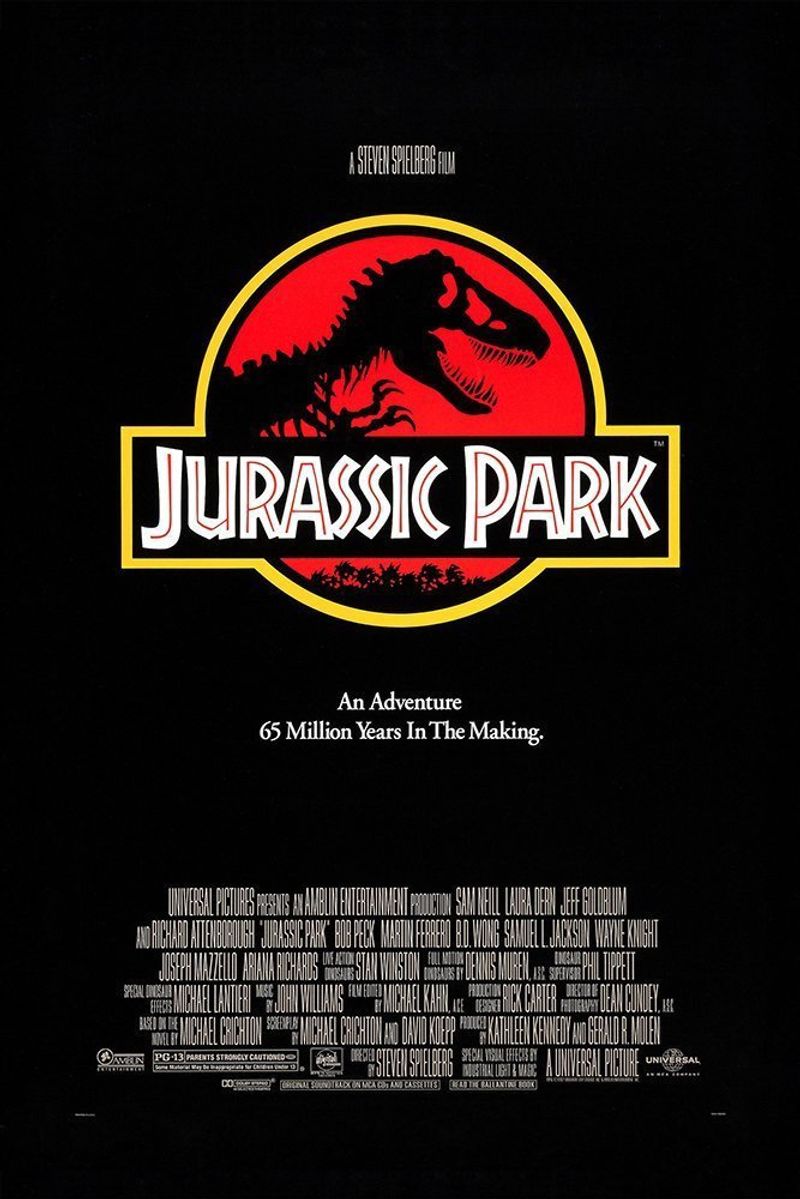
In “Jurassic Park,” dinosaurs walk the Earth once more, thanks to cloning from ancient DNA. However, DNA’s stability over millions of years is questionable, making such endeavors improbable.
The film popularized genetic engineering, sparking imaginations worldwide despite its scientific liberties. Its portrayal of resurrected prehistoric giants remains a cornerstone of cinematic storytelling.
10. Star Wars Series (1977–present)

The “Star Wars” series captivates with its interstellar adventures, though science often takes a backseat. Sound in space, visible laser beams, and dogfights akin to aerial combat defy physics.
Yet, these creative choices contribute to the saga’s magic, offering fans a universe where imagination reigns supreme. The series’ enduring appeal lies in its ability to transport audiences to a galaxy far, far away.

Comments
Loading…